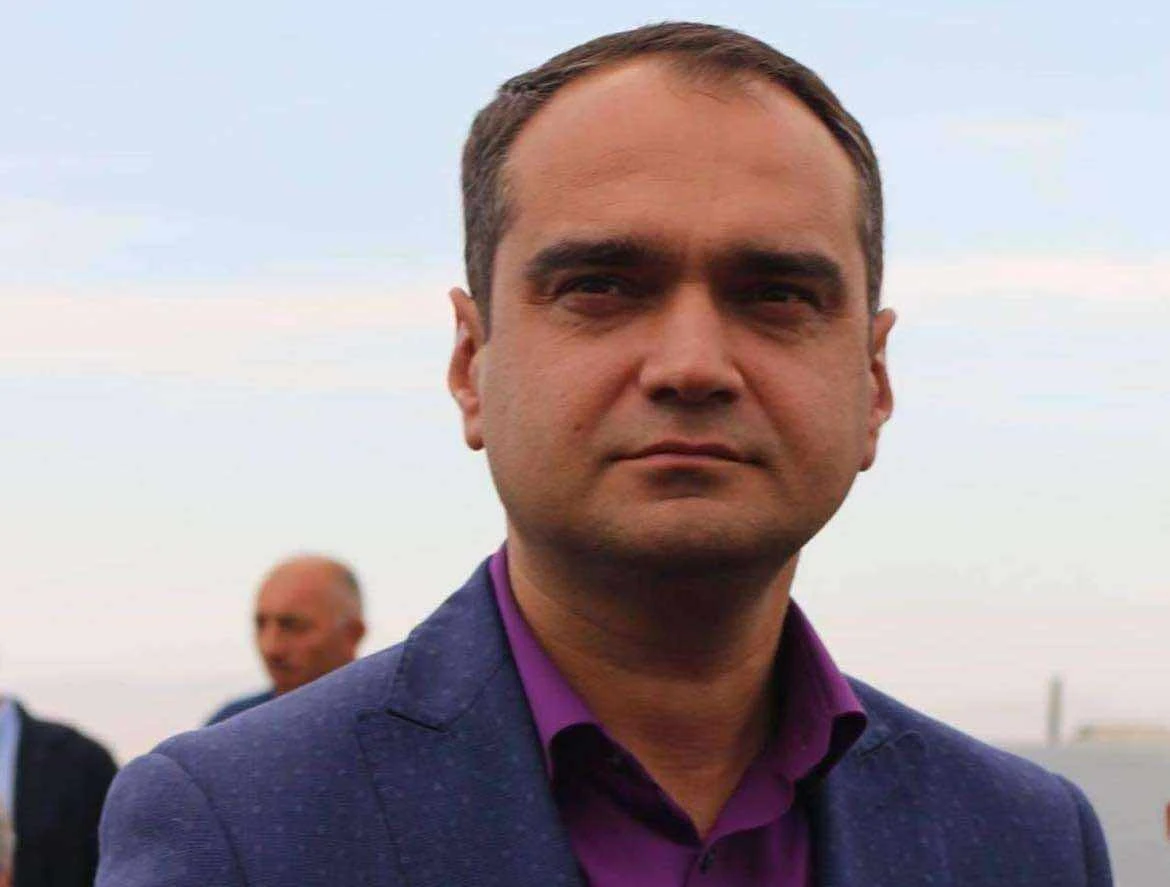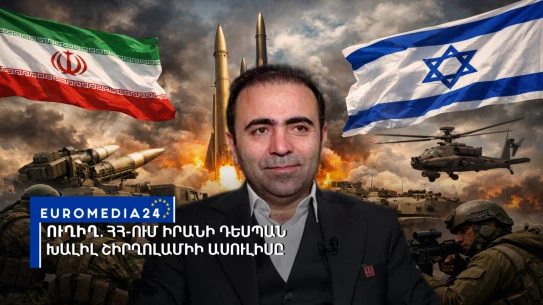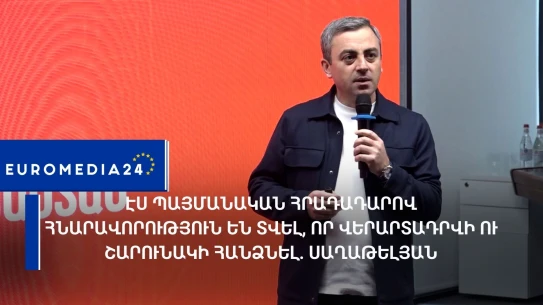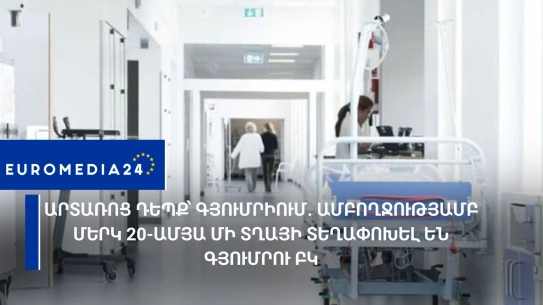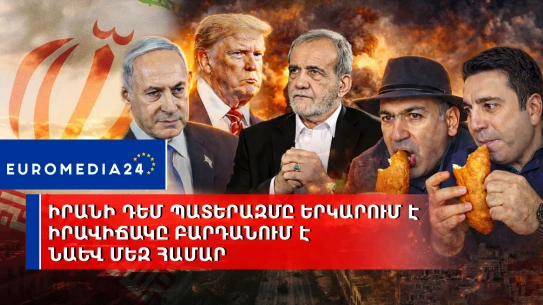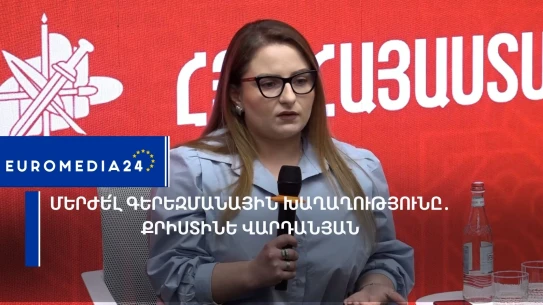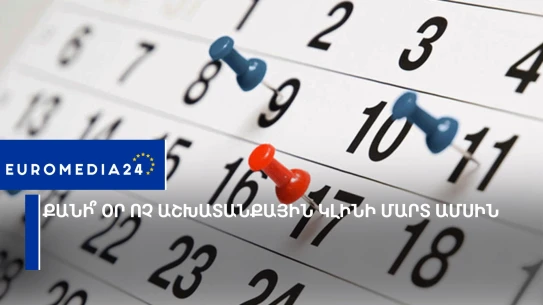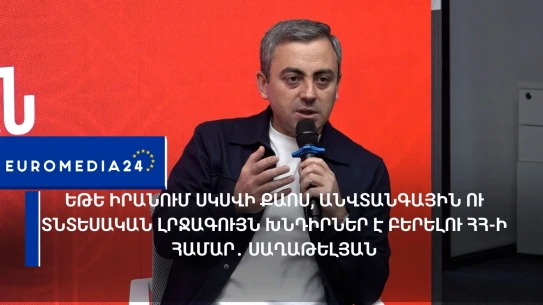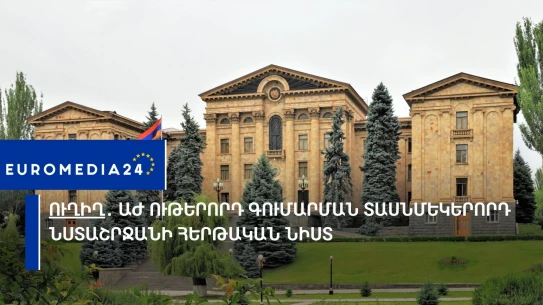-How were the elections in Georgia and how democratically were they conducted, or were there significant factors that influenced the outcome of the elections?
I think you are familiar with the results published by international monitoring organizations throughout Georgia; our organization, in particular, “Multi-Ethnic Georgia,” monitored the eastern part of Georgia, where ethnic minorities live compactly.
Let me say that in Samtskhe-Javakheti, where Armenians live, the Georgian Dream won with a margin of about 90 percent, but this is not a sign that all democratic values and standards are respected, but, above all, it is a sign that “ Georgian Dream" used resources, that is, the opposition essentially had no competition, there was no opposition party, they did not take an active part in the election campaign, and not on election day itself, but in the quarterly magazine "Kvemo" Where ethnic groups live compactly Azerbaijanis, especially in the Marneuli municipality, elections have the appearance of a war, and it cannot be said that the elections there were held in accordance with democratic norms.
You mean the use of these resources influenced the outcome of the elections.
- Yes, of course, and the election day itself created a negative climate.
In Georgia, the processes are similar to the Maidan or is it a different process.
- I think now no one is talking about the Maidan, first of all, because after all, the opposition is quite the same, I won’t say that it took a lot, but they have a large number of seats in parliament, but if I honestly feel like I can say that the results are not fair, especially in big cities, although the opposition won in Tbilisi, it’s very strange that the ruling party was able to gain so much percentage, but I think this is an administrative resource, and it’s difficult to talk about falsification on election day because on the day itself there was practically no falsification in Tbilisi, but I’ll tell you that new technologies that were used by the central election company in Tbilisi, theoretically we understand how it works, but they were used on such a scale for the first time and of course we do not have full confidence that everything there was clean.
Because we have a lack of knowledge.
The elections have passed, but what opportunities does the Georgian government have to control the situation and what are the theses of the opposition and what it requires and what it can achieve.
- Demand will be formed, if not today, then in the coming days we will see the positions and strategy of the opposition, now the opposition is in shock and it is fundamentally clear that they will be in this state, because no one expected such results.
I will say that first of all they should blame themselves for living in illusions during the pre-election period, and the problem here is not only with the authorities, but the problem is that the opposition itself is like that.
In principle, all statements were made by the opposition, this can actually be considered part of the election race, because we have elections to local authorities, at which mayors of large cities will be elected, and this is a unique chance, one year after the parliamentary elections, if the opposition can win in Tbilisi, with elections in Batumi, Kutaisi and other large cities, we can say that the next step towards parliamentary elections will be easier.
As we see, the ruling party in the Armenian communities gained about 90 percent, what influenced this and why they voted this way.
-You shouldn’t be surprised, because all the ruling parties that have ever existed in this region receive, say, from 70 to 90 percent of the votes.
Firstly, an external factor: the Armenian community is a hostage of Armenian-Georgian relations.
secondly, they do not live in the Georgian information field, that is, they are poorly informed about what is happening in Tbilisi, since many do not know the Georgian language and mainly listen to Armenian and Russian media.
Thirdly, the opposition there is inactive, and, naturally, they do not recognize either the opposition parties or the leaders of the opposition parties.
The fourth opposition, in principle, does not talk about minorities and does not talk about their problems; this is already traditional, as it has been for the last 30 years.
And this is a paradise for manipulation by local authorities, and it’s good for them.
We can say that there were very few violations in this region, but in essence there were no elections, because there was no competition and there were no other political parties, and at the same time, the elections took place in an atmosphere of mobilization of administrative forces. resources, the fear the government instilled in foreign countries by passing the Agents Act, and us as a society. The monitoring organization in the true sense of the word was going through difficult times because of this law.
















